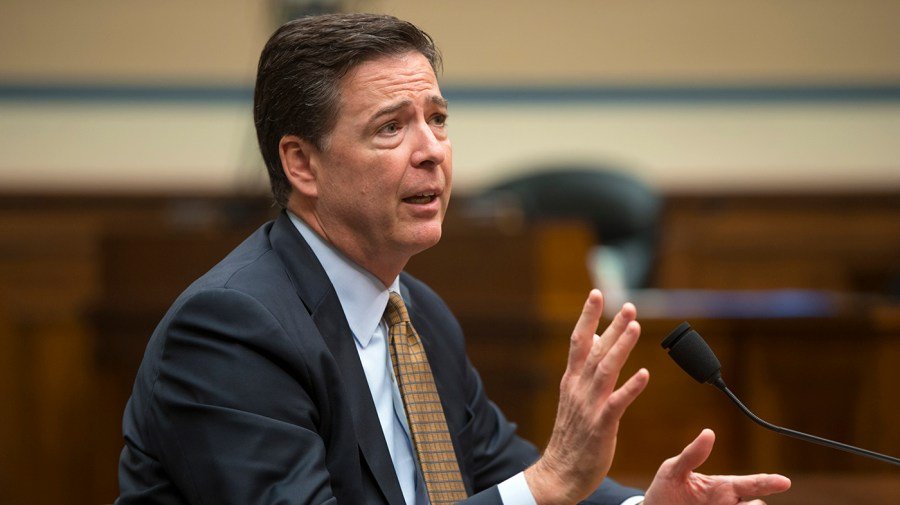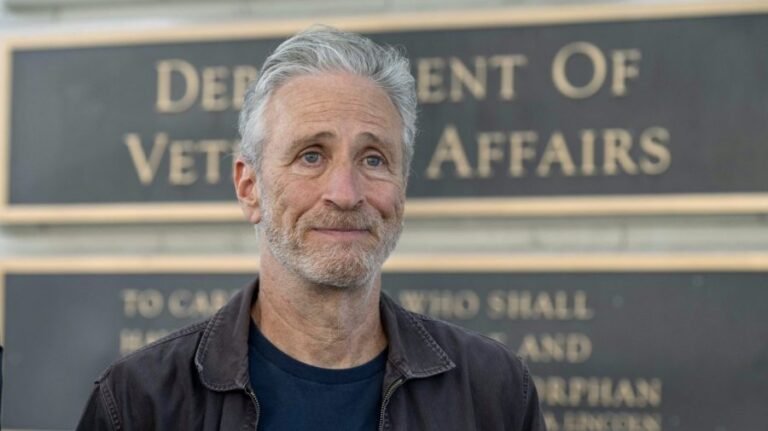
The Justice Department in new court filings defended tweets from President Trump calling for the prosecution of former FBI Director James Comey, saying they don’t amount to a call for retribution.
The Monday filing is a response from the government after Comey asked a judge to dismiss the charges against him because they violate policies against bringing selective and vindictive prosecutions.
Shortly before the charges against Comey were filed, Trump made a public appeal to Attorney General Pam Bondi to bring a criminal case against the former FBI director and other top Trump foes.
“These posts reflect the President’s view that the defendant has committed crimes that should be met with prosecution. They may even suggest that the President disfavors the defendant. But they are not direct evidence of a vindictive motive,” the Justice Department wrote in its Monday night filing.
They argue that prosecutions can only be vindictive if they are in response to a defendant exercising a right like First Amendment speech.
“The President’s social-media posts are clear on why he thinks the defendant should be prosecuted: he thinks the defendant is ‘guilty as hell,’” prosecutors continued, quoting Trump.
Comey’s team argued last month that he is being targeted because of his criticism of the president, saying they were brought out of “personal spite.”
“For decades the DOJ has maintained the highest standard of ethics, following only the facts and the law to determine whether to bring criminal charges. This case marks a sharp departure from that tradition,” Comey’s attorneys wrote.
The Justice Department wrote that Trump’s social media posts criticizing Comey don’t demonstrate a beef but rather “create a years-long record of legitimate prosecutorial motive.”
Trump’s call to Bondi to bring charges, they say, show “DOJ officials decided whether to prosecute, not him.”
Comey is facing charges for lying to Congress, but DOJ’s case rests on an unusual exchange.
The indictment cites an exchange Comey had with Sen. Ted Cruz (R-Texas) about whether former FBI Deputy Director Andrew McCabe or Comey were the source of any leak about the investigation into the 2016 Trump campaign.
Cruz also made a passing reference to testimony Comey gave in 2017 when he was asked about media leaks. Though Cruz never directly asked about the 2017 testimony, an exchange well beyond the statute of limitations, the latest charges accuse Comey of lying by failing to mention that his friend, Daniel Richman, had been a source for an article about an investigation into Hillary Clinton.
Comey has also argued the case against him should be tossed as it is based on an ambiguous line of questioning from Cruz, saying his responses to the senator were “literally true.”


